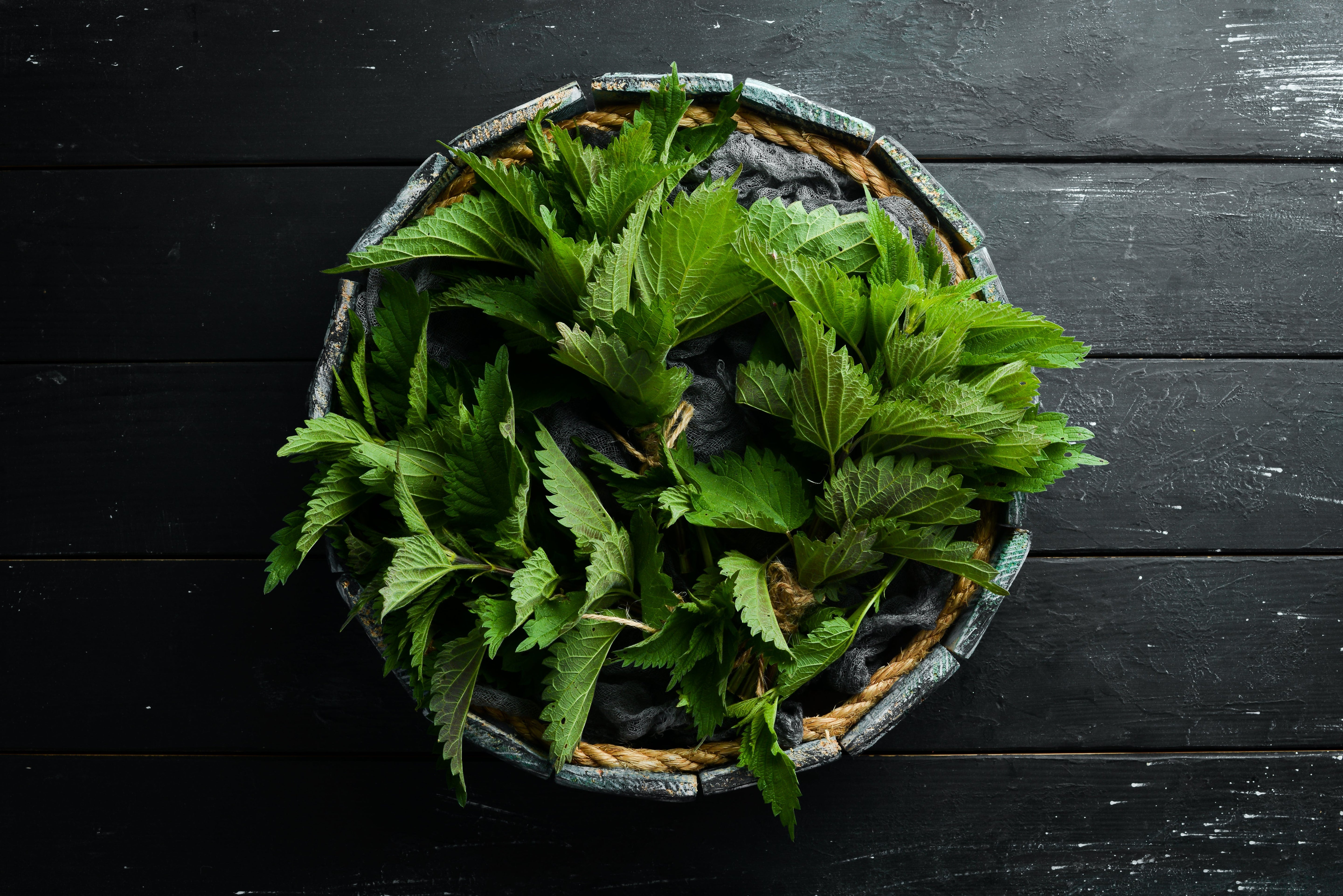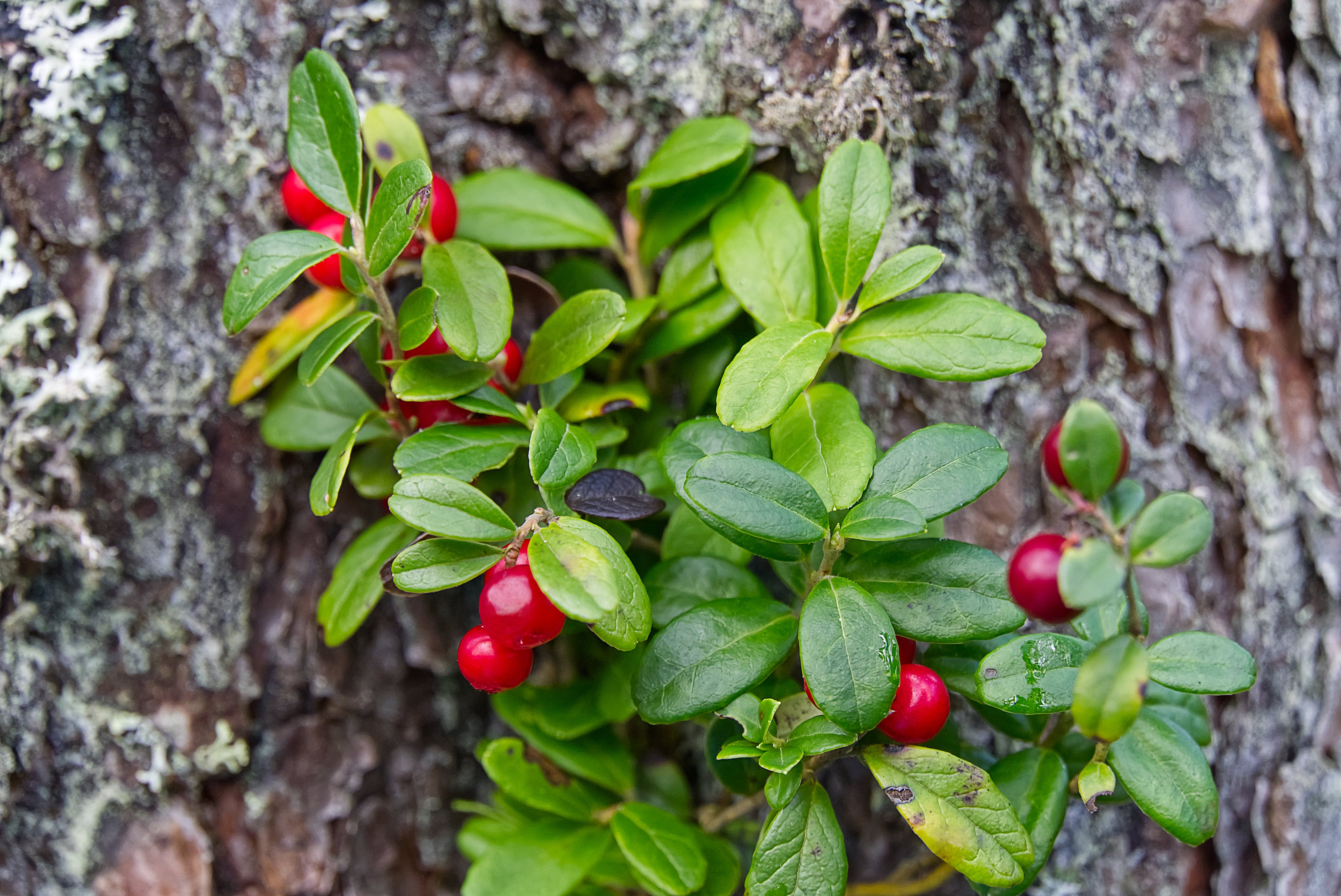Purple coneflower (Echinacea purpurea) - a beautiful flower with extraordinary health properties

Purple coneflower (Echinacea purpurea) is a plant belonging to the Asteraceae species. It is often sown in home gardens because of its beautiful purple flowers. However, for many people, echinacea is not only a wonderful ornamental flower, but also a valuable source of active substances such as betaine, glycoproteins and essential oils.
Possible uses of purple coneflower:
- supports the immune system,
- has antiprotozoal, antifungal and antiviral properties,
- has anti-inflammatory properties,
- skin care,
- relieves cold symptoms.
Support for the immune system
Echinacea purple is often used as an ingredient of medicines that support the body's immunity. The active substances it contains stimulate immune system cells and macrophages. Medicines containing purple echinacea are also used in the treatment of diseases involving reduced immunity and chronic inflammation.
Antifungal, antiviral and antiprotozoal properties
Studies have shown that the active compounds contained in purple coneflower have antifungal, antiviral and antiprotozoal properties. The main active substances in echinacea include betaine, glycoproteins and essential oils, which have a strong effect on staphylococci and streptococci. Preparations containing echinacea extract are used for urinary tract infections, herpes and in the treatment of shingles.
Anti-inflammatory effect
Purple coneflower is a plant with anti-inflammatory properties. The active substances it contains inhibit the secretion of histamine, prostaglandins and leukotrienes, i.e. substances responsible for inflammation in the body.
Treatment of skin problems
Purple echinacea extract is often used in cosmetology as an ingredient of ointments and creams for facial and body skin care. Thanks to their anti-inflammatory properties, cosmetics with echinacea are perfect for the care of skin prone to allergies and irritations. In turn, its antibacterial properties will help fight skin imperfections.
Colds relief
Echinacea infusions or medicinal preparations containing its extracts are often used as an adjunct in the treatment of colds. They have diaphoretic, antibacterial and even analgesic effects.
Possible uses of purple coneflower:
- supports the immune system,
- has antiprotozoal, antifungal and antiviral properties,
- has anti-inflammatory properties,
- skin care,
- relieves cold symptoms.
Support for the immune system
Echinacea purple is often used as an ingredient of medicines that support the body's immunity. The active substances it contains stimulate immune system cells and macrophages. Medicines containing purple echinacea are also used in the treatment of diseases involving reduced immunity and chronic inflammation.
Antifungal, antiviral and antiprotozoal properties
Studies have shown that the active compounds contained in purple coneflower have antifungal, antiviral and antiprotozoal properties. The main active substances in echinacea include betaine, glycoproteins and essential oils, which have a strong effect on staphylococci and streptococci. Preparations containing echinacea extract are used for urinary tract infections, herpes and in the treatment of shingles.
Anti-inflammatory effect
Purple coneflower is a plant with anti-inflammatory properties. The active substances it contains inhibit the secretion of histamine, prostaglandins and leukotrienes, i.e. substances responsible for inflammation in the body.
Treatment of skin problems
Purple echinacea extract is often used in cosmetology as an ingredient of ointments and creams for facial and body skin care. Thanks to their anti-inflammatory properties, cosmetics with echinacea are perfect for the care of skin prone to allergies and irritations. In turn, its antibacterial properties will help fight skin imperfections.
Colds relief
Echinacea infusions or medicinal preparations containing its extracts are often used as an adjunct in the treatment of colds. They have diaphoretic, antibacterial and even analgesic effects.






